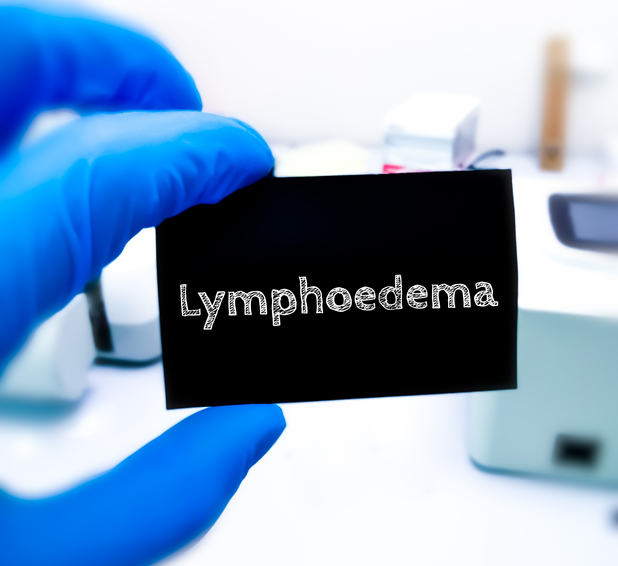New medical research that can improve the lives of up to 250,000 breast cancer survivors suffering from, or at risk of, lymphoedema by helping patients self-manage their condition using an online tool is underway thanks to almost $600,000 in funding through the Medical Research Future Fund (MRFF).
Lymphoedema is a distressing condition that involves the accumulation of fluid in patients’ arms, resulting from damage or removal of lymph nodes during breast cancer treatment. The condition can develop soon after surgery or many years later.
While many interventions are available, the key to prevention and effective management lies in lifelong self-monitoring, and self-managed risk reduction interventions such as self-massage, compression garments and exercise.
If these aren’t effective, the patient needs timely advice and referral to specialist services which can be particularly difficult to access for patients in rural and remote Australia.
Led by Flinders Health and Medical Research Institute’s (FHMRI) Cancer researcher Professor Bogda Koczwara AM, the new research will develop an online tool that can effectively help thousands of breast cancer survivors in Australia self-manage their condition.
The online program will provide access to self-management strategies and behavioural and lifestyle interventions, peer support, and care navigation to facilitate timely, effective and cost-effective prevention and management.
“Over 20,000 women are diagnosed with breast cancer in Australia each year and approximately 1 in 5 will develop lymphoedema, with a higher risk for patients receiving more intensive treatment for cancer, those with a higher body mass index, and residents of rural or regional Australia. For all breast cancer survivors, the threat of lymphoedema is ongoing and, once diagnosed, will require management for life,” says Professor Koczwara.
“Around 40 per cent of breast cancer patients aren’t informed about the risk of developing lymphoedema and therefore don’t have access to resources that help manage and reduce its long-lasting impact.
“Our research will develop and evaluate an online lymphoedema program called ‘LeaN On’ and make it available as part of a McGrath nurse program in South Australia and the Northern Territory caring for approximately 800 new patients with breast cancer a year, 70% of whom reside in rural or regional Australia. The program will also be made available online to patients in other parts of Australia,” she says.
Professor Koczwara says breast cancer survivors living in rural and remote locations are particularly at risk because of limited health support and will benefit most from an online self-management tool.
“This research will address an urgent gap and serve as a model that can be adapted to other conditions with a high risk of lymphoedema, such as non-malignant lymphoedema and lymphoedema related to other cancers such as melanoma, head and neck and gynaecologic cancers,” she adds.




